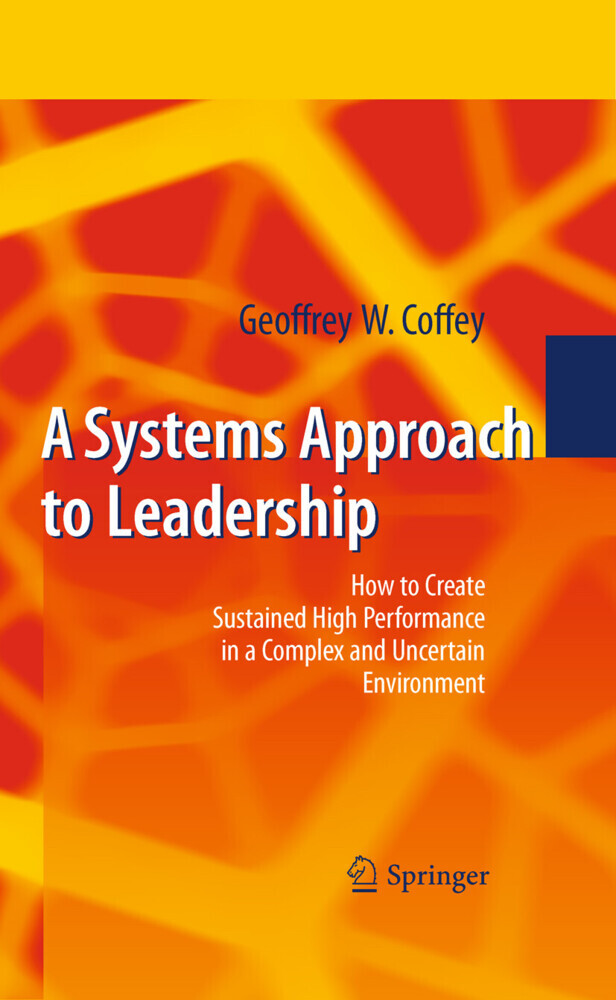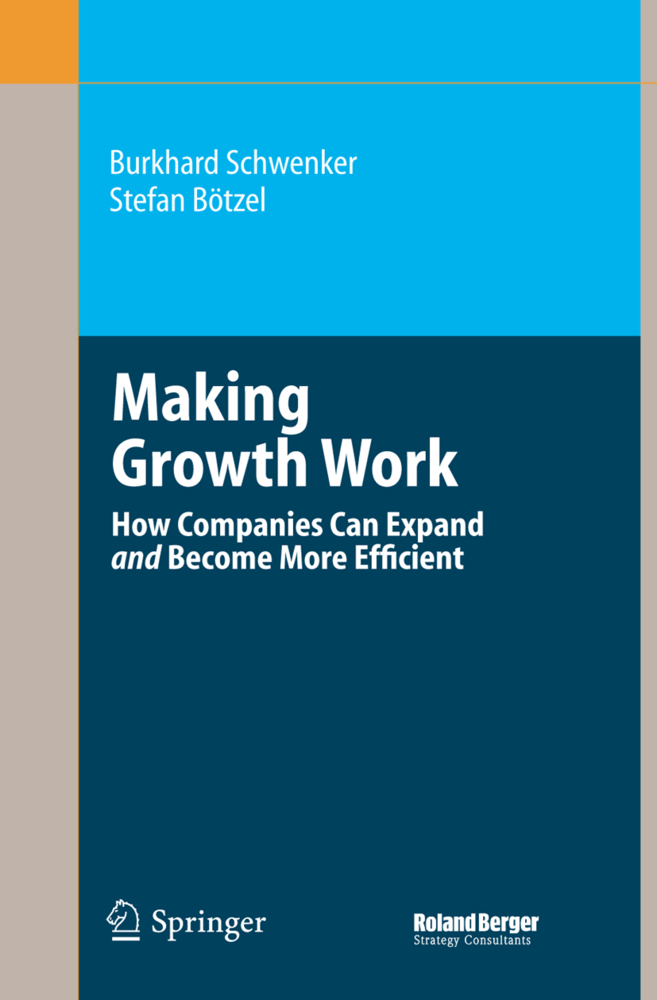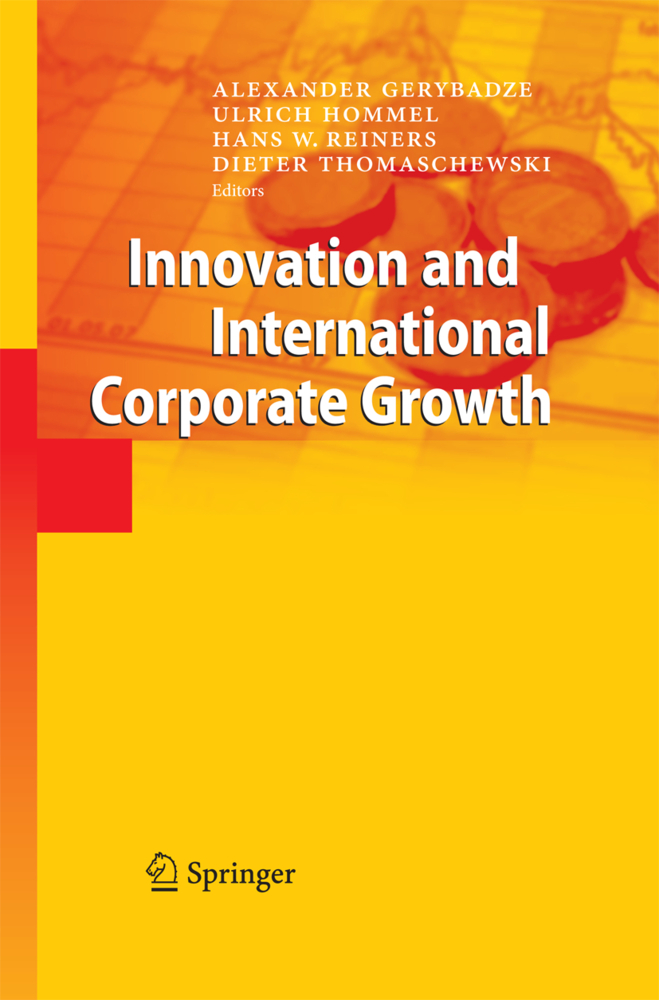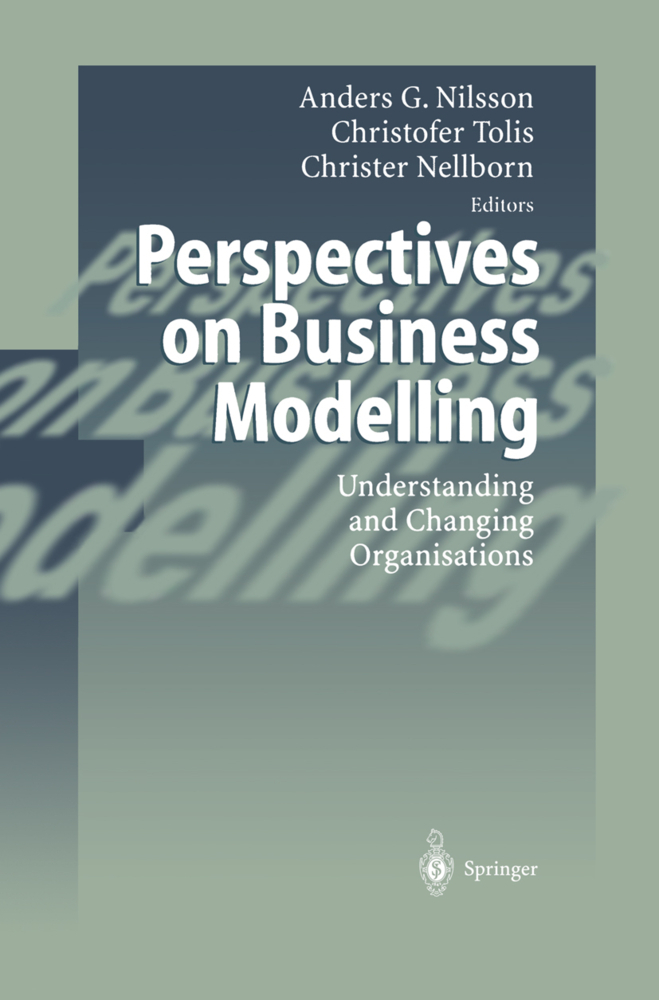A Systems Approach to Leadership
How to Create Sustained High Performance in a Complex and Uncertain Environment
"A Systems Approach to Leadership" (SAL) is a methodology for creating sustained high performance in conditions of high complexity and uncertainty. SAL places the latest developments in Systems Science into an actionable method for use by everyday leaders. It enables leaders to develop themselves and their organisation (or part of it) quickly and effectively to achieve a competitive advantage in a complex and uncertain world. SAL consists of an integrated framework with an overall strategy of whole system development. Central to the framework is a practical method which can be used by any leader at any organisational level. Supporting the framework are a range of systems approaches and a set of foundational assumptions. SAL has been carefully researched and refined in extensive field tests where it typically delivers outcomes well above expectations.
1;Contents;6 2;Introduction;14 3;1 Key Assumptions Underpinning a Systems Approach to Leadership;17 3.1;1.1 Introduction;17 3.2;1.2 High Complexity and Uncertainty in Organisations Today;17 3.3;1.3 Naturalistic World View;18 3.4;1.4 The Dynamics of "Actual Practice";19 3.5;1.5 Individual Functioning and Cognition;20 3.6;1.6 Three Levels of Simplicity;22 3.7;1.7 Holistic Thinking and Systems Methods;24 3.8;1.8 Optimising An Entity;25 3.9;1.9 Your Own Practice;26 3.10;1.10 Conclusion;27 4;2 A Systems Approach to Leadership Overview;28 4.1;2.1 Introduction;28 4.2;2.2 A Systems Approach to Leadership Overview;29 4.3;2.3 Understanding a Systems Approach to Leadership;30 4.4;2.4 Fundamental Assumptions;31 4.5;2.5 Systems Models and Methods;32 4.6;2.6 Adaptive Systems Model;33 4.7;2.7 Cognition-Systems Model of Organisation Performance;33 4.8;2.8 Achieving Goals in High Complexity Environments;35 4.9;2.9 Strategy / Approach;36 4.9.1;2.9.1 Performance;36 4.9.2;2.9.2 Whole System Development;37 4.9.3;2.9.3 Leaders as System Builders;37 4.9.4;2.9.4 Continuous Development;37 4.9.5;2.9.5 Multiple Methods;38 4.10;2.10 The Cognition-Systems Method;38 4.11;2.11 Individual and Organisational Actions Strategies, Processes and Skills;39 4.11.1;2.11.1 Preparing Yourself for the Journey;40 4.11.2;2.11.2 Naturalistic Enquiry;40 4.11.3;2.11.3 Critical Reflection and Learning;40 4.11.4;2.11.4 Whole System Diagnosis and Adaptive System Organisation Design;40 4.12;2.12 A Systems Approach to Leadership Outcomes;40 4.12.1;2.12.1 Competitive Advantage;41 4.12.2;2.12.2 In Depth (Not a Quick Fix);41 4.13;2.13 Conclusion;41 5;3 Two Different Worlds;43 5.1;3.1 Introduction;43 5.2;3.2 A Naturalistic Environment;44 5.3;3.3 A Deterministic Environment;46 5.4;3.4 Underpinning Assumptions;48 5.5;3.5 Using Both World Views;51 5.6;3.6 Conclusion;52 6;4 Holistic and Reductionist Approaches;53 6.1;4.1 Introduction;53 6.2;4.2 Reductionist Approaches and Organisations;54 6.3;4.3 Mismatching Situation and Approach;54 6.3.1;4.3.1 Holistic Approaches in a Naturalistic Situation;55 6.3.2;4.3.2 Holistic Approaches in a Deterministic Situation;55 6.3.3;4.3.3 Reductionist Approaches in a Deterministic Situation;55 6.3.4;4.3.4 Reductionist Approaches in a Naturalistic Situation;56 6.4;4.4 Optimising Complex Systems;58 6.5;4.5 A Low Performance Dynamic;59 6.6;4.6 A High Performance Dynamic;61 6.7;4.7 Conclusion;61 7;5 Features of a Naturalistic Environment;63 7.1;5.1 Introduction;63 7.2;5.2 Inherently Unknowable;63 7.3;5.3 Probabilistic;64 7.4;5.4 Highly Interconnected;66 7.5;5.5 Related to Consciousness and Mind;68 7.6;5.6 Various Forms of Human System;69 7.7;5.7 Dynamics and Emergence;70 7.8;5.8 Conclusion;71 8;6 Systems Methods;72 8.1;6.1 Introduction;72 8.2;6.2 Order and Organisation in the Natural World;72 8.3;6.3 Systems and Related Methods;73 8.4;6.4 General Systems Theory;74 8.5;6.5 Systems Concepts and Principles;75 8.5.1;6.5.1 Outcomes Result From System and Environment;76 8.5.2;6.5.2 Adaptive Systems Model;77 8.5.3;6.5.3 Optimisation;77 8.5.4;6.5.4 Emergence;77 8.5.5;6.5.5 Requisite Variety;78 8.5.6;6.5.6 Redundancy;78 8.5.7;6.5.7 Recursion;78 8.5.8;6.5.8 Equifinality;78 8.5.9;6.5.9 System Evolution;79 8.5.10;6.5.10 Natural Limits;79 8.5.11;6.5.11 Far From Equilibrium Systems;79 8.6;6.6 Conclusion;82 9;7 An Adaptive Systems Model;83 9.1;7.1 Introduction;83 9.2;7.2 Adaptive Systems Model Overview;83 9.2.1;7.2.1 Essential Functions (Operations);84 9.2.2;7.2.2 Regulation;86 9.2.3;7.2.3 Coordination;87 9.2.4;7.2.4 Strategy;88 9.2.5;7.2.5 Purpose;89 9.2.6;7.2.6 Natural Tendencies;89 9.2.7;7.2.7 Knowledge, Learning and Adaptation;90 9.3;7.3 Integrating the Parts into a Whole;90 9.4;7.4 System Dysfunction;91 9.5;7.5 Recursion;91 9.6;7.6 Limitations;92 9.7;7.7 Conclusion;92 10;8 The Cognition-Systems Model of Organisation Performance;93 10.1;8.1 Introduction;93 10.2;8.2 Layers Influencing Performance;93 10.3;8.3 Organisation Performance Defined;94 10.3.1;8.3.1 Stakeholders;9
Coffey, Geoffrey
| ISBN | 9783642011948 |
|---|---|
| Artikelnummer | 9783642011948 |
| Medientyp | E-Book - PDF |
| Auflage | 2. Aufl. |
| Copyrightjahr | 2009 |
| Verlag | Springer-Verlag |
| Umfang | 223 Seiten |
| Sprache | Englisch |
| Kopierschutz | Digitales Wasserzeichen |











